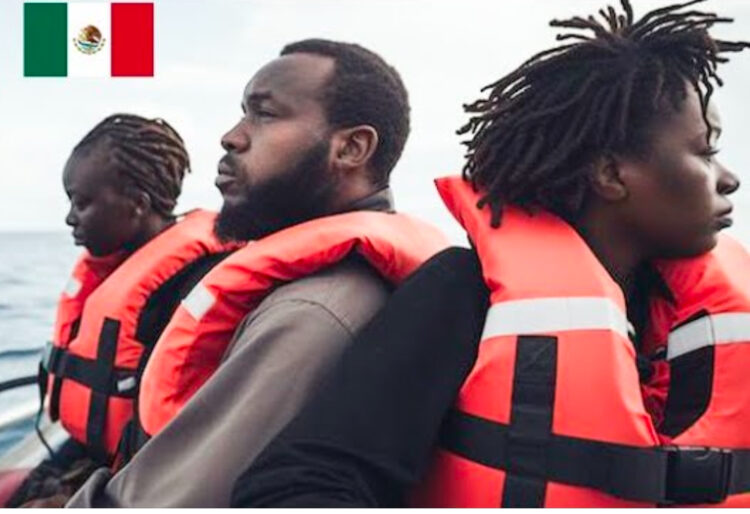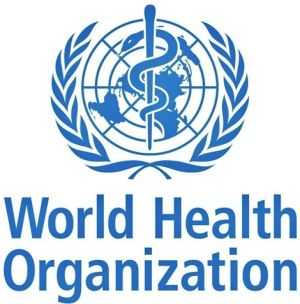Updates from Tapachula, Mexico:
During an interview on SVTV Africa’s Daily Hustle Worldwide show with Dj Nyaami, the young man we spoke with earlier shared more insights about the dangerous activities of mafias in Mexico, including kidnapping individuals for large ransoms.
Currently in Mexico City, he revealed that he recently relocated from Tapachula.
He said: I’m currently in Mexico City after relocating from Tapachula.
The situation in Tapachula is extremely dangerous, with constant threats from mafias and kidnappers.
Depending on the agent you use, traveling by car can make you a target for abductions.
To avoid the risks on land, we decided to take a sea route. We were told it would take ten hours to reach our destination, but the trip turned out to be much more gruelling than we expected.
We boarded the boat and waited for over two hours in the sea while a replacement motor was brought due to a breakdown.
Once it was fixed, we set off, expecting to arrive early, but the journey dragged on well into the night.
At midnight, the sea became violent. The boat rocked as though it might capsize.
Among us were mothers with children, all praying desperately as our hope seemed to fade.
The cold was unbearable, and many of us were shivering and coughing.
For an hour, we felt as if death was imminent, but eventually, the waters calmed, and we reached land by dawn.
It was one of the scariest experiences I’ve ever had, even more frightening than my journey through Panama.
Kidnappings have decreased in some areas, and fewer people are attempting to reach the United States by land.
Those who began their journey early continue, but the risks are immense. Immigration officials occasionally bring coffee to those waiting to move forward.
For those fortunate enough to secure CBP1 approval, they can buy a flight ticket to continue their journey.
I can’t stay here for long because I want to move quickly before political changes in the U.S.
make it even harder to cross.
The journey’s cost depends on the destination. Traveling from Mexico City to the U.S. border costs $1,000 to Texas, $1,700 to Arizona, and $2,200 to California.
In the case of California, specifically Tijuana, agents demand $12,000 to facilitate a release.
Many people, especially from Venezuela and Colombia, are walking from Tapachula to other parts of Mexico.
I’ve encountered families from the Congo, unable to speak English, struggling with the help of translators.
The risks are immense, and in hindsight, I wouldn’t have taken this route if I had known how dangerous it would be.
Despite all the challenges, I’m determined to move forward, but the memories of this journey will stay with me forever.

















